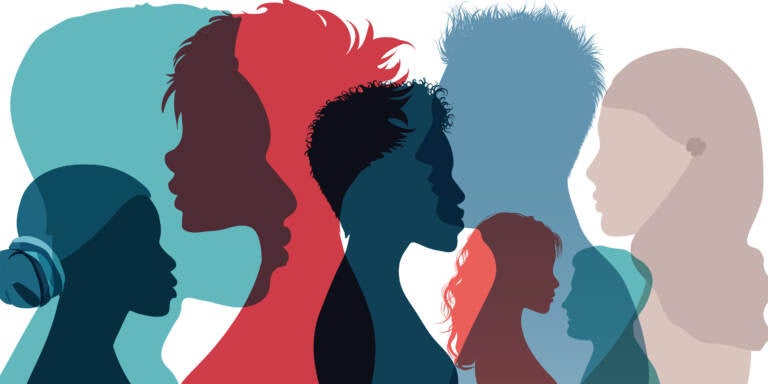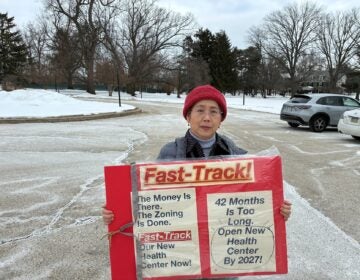The Role of Race and Ethnicity in Medicine
Listen 48:33
(melitas/Big Stock)
Every time you go to see a new doctor, you have to fill out forms that ask your name, your age, your family history — and your race and ethnicity. You have to check a box — pick a category.
Less than 100 years ago, mainstream scientists believed that race was a biological fact — one that determined everything from pain tolerance to disease susceptibility. Today, most scientists agree that those ideas were dead wrong — that race isn’t a biomedical category, but a social construct.
So why do we still ask about race and ethnicity in medicine and research? When and where does it matter — and how should this information be used?
On this episode, we dive into the changing conversation about race and ethnicity in medicine. We hear stories about why it’s harder for Black Americans to get kidney transplants, why “Asian” is too broad of a category when it comes to public health, and how we could collect better, more meaningful data.
Also heard on this week’s episode:
- Johns Hopkins oncologist and researcher Otis Brawley explains why race shouldn’t matter in medicine.
- In a recent study, Jaya Aysola, who teaches at the University of Pennsylvania’s medical school, made a startling finding — that even now, medical education often discusses race as a biological category rather than a social construct. We talk with Aysola about using information on race and ethnicity in meaningful ways. Aysola is the founder and director of Penn Medicine’s Center for Health Equity Advancement.
- We hear from NYU Langone epidemiologist Stella Yi about getting more accurate data on people’s race and ethnicity, and why it matters for public health.
- As a Black man, poet and playwright John Johnson had always been skeptical of doctors and medical institutions — then he was diagnosed with colon cancer. He tells the story of how his relationship with one doctor helped save his life.
Segments from this episode
WHYY is your source for fact-based, in-depth journalism and information. As a nonprofit organization, we rely on financial support from readers like you. Please give today.






